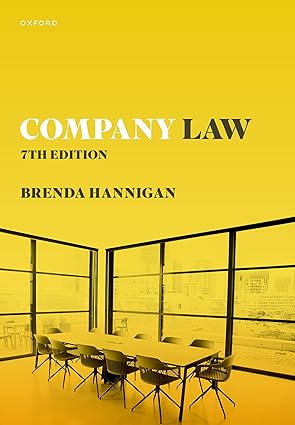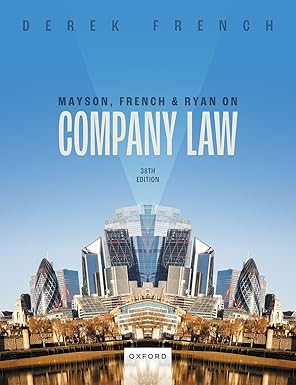This classic book on the role of the United States Supreme Court traces the history of the Court, assessing the merits of various decisions along the way. Alexander Bickel begins with Marbury v. Madison, which he says give shaky support to judicial review, and concludes with the school desegregation cases of 1954, which he uses to show the extent and limits of the Court’s power. In this way he accomplishes his stated purpose: “to have the Supreme Court’s exercise of judicial review better understood and supported and more sagaciously used.” The book now includes a new foreword by Harry H. Wellington. Alexander Mordecai Bickel (1924-1974) was one of the most influential constitutional commentators of the twentieth century. Bickel’s most distinctive contribution to constitutional law was to stress what he called “the passive virtues” of judicial decision-making – the refusal to decide cases on substantive grounds if narrower grounds exist to decide the case. Bickel viewed “private ordering” and the voluntary working-out of problems as generally preferable to legalistic solutions. In his books Bickel attacked the Warren Court for what he saw as its misuse of history, shoddy reasoning, and sometimes arbitrary results. Bickel thought that the Warren Court’s two most important lines of decision, Brown v. Board of Education and Baker v. Carr, did not produce the results the Court had intended. In his book The Least Dangerous Branch, Bickel coined the term counter-majoritarian difficulty to describe his view that judicial review stands in tension with democratic theory. Bickel envisioned the Supreme Court as playing a statesman-like role in national controversies, engaging in dialogue with the other branches of government. Thus he did not see the Court as a purely passive body, but as one which should lead public opinion, albeit carefully.
چکیده فارسی
این کتاب کلاسیک در مورد نقش دیوان عالی ایالات متحده، تاریخ دادگاه را ردیابی می کند و شایستگی تصمیمات مختلف را در طول مسیر ارزیابی می کند. الکساندر بیکل با ماربری علیه مدیسون شروع میکند، که به گفته او از بازبینی قضایی حمایت میکند و با پروندههای تبعیضزدایی مدارس در سال 1954 پایان میدهد، که او از آن برای نشان دادن وسعت و محدودیتهای قدرت دادگاه استفاده میکند. به این ترتیب او به هدف اعلام شده خود دست می یابد: "برای اینکه اعمال بازنگری قضایی دیوان عالی بهتر درک شود و حمایت شود و به طور هوشمندانه تر مورد استفاده قرار گیرد." این کتاب اکنون شامل پیشگفتار جدیدی از هری اچ. ولینگتون است. الکساندر مردخای بیکل (1924-1974) یکی از تأثیرگذارترین مفسران قانون اساسی قرن بیستم بود. متمایزترین سهم بیکل در قانون اساسی تاکید بر آنچه او «فضیلت انفعالی» تصمیمگیری قضایی مینامید بود – امتناع از تصمیمگیری در مورد پروندهها بر اساس دلایل اساسی در صورت وجود دلایل محدودتر برای تصمیمگیری در مورد پرونده. بیکل "سفارش خصوصی" و حل داوطلبانه مشکلات را به طور کلی بر راه حل های قانونی ترجیح می دهد. بیکل در کتابهایش به دادگاه وارن به دلیل سوءاستفاده از تاریخ، استدلالهای نامرغوب و گاهی اوقات نتایج دلبخواه حمله کرد. بیکل فکر می کرد که دو تصمیم مهم دادگاه وارن، براون علیه هیئت آموزش و بیکر علیه کار، نتایجی را که دادگاه در نظر داشت به دست نیاورد. بیکل در کتاب خود با عنوان «شعبه کم خطر» اصطلاح «مشکل ضد اکثریت» را برای توصیف دیدگاه خود مبنی بر اینکه بازنگری قضایی در تنش با نظریه دموکراتیک قرار دارد، ابداع کرد. بیکل دیوان عالی را به عنوان ایفای نقشی دولتمردانه در مناقشات ملی و درگیر شدن در گفتگو با سایر شاخه های حکومت تصور می کرد. بنابراین او دیوان را یک نهاد کاملاً منفعل نمیدانست، بلکه آن را نهادی میدانست که باید افکار عمومی را هدایت کند، هرچند با دقت.
ادامه ...
بستن ...
ISBN-13: 978-0300032994
ISBN-10: 0300032994
ادامه ...
بستن ...










